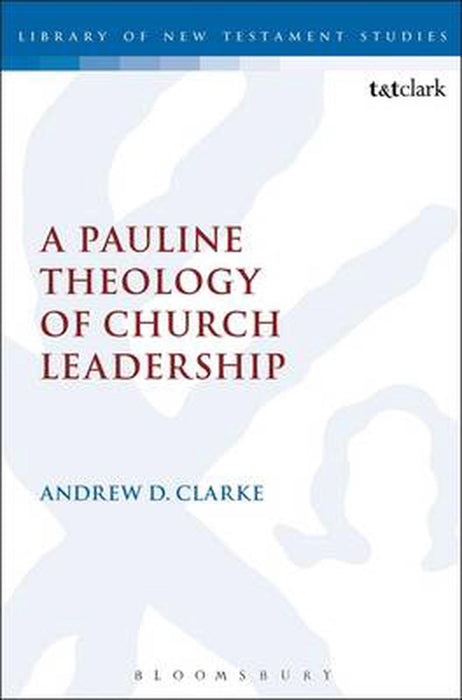
A Pauline Theology of Church Leadership
Bloomsbury Publishing
SKU 9780567060136
Product Type: Paperback
Release Date:
22 November 2012
Save 9%
Original price
£37.99
Original price
£37.99
-
Original price
£37.99
Original price
£37.99
Current price
£34.57
£34.57
-
£34.57
Current price
£34.57
Availability:
Currently out of stock, more available soon
UK Delivery
Remember, UK delivery is FREE for all orders over £10!
